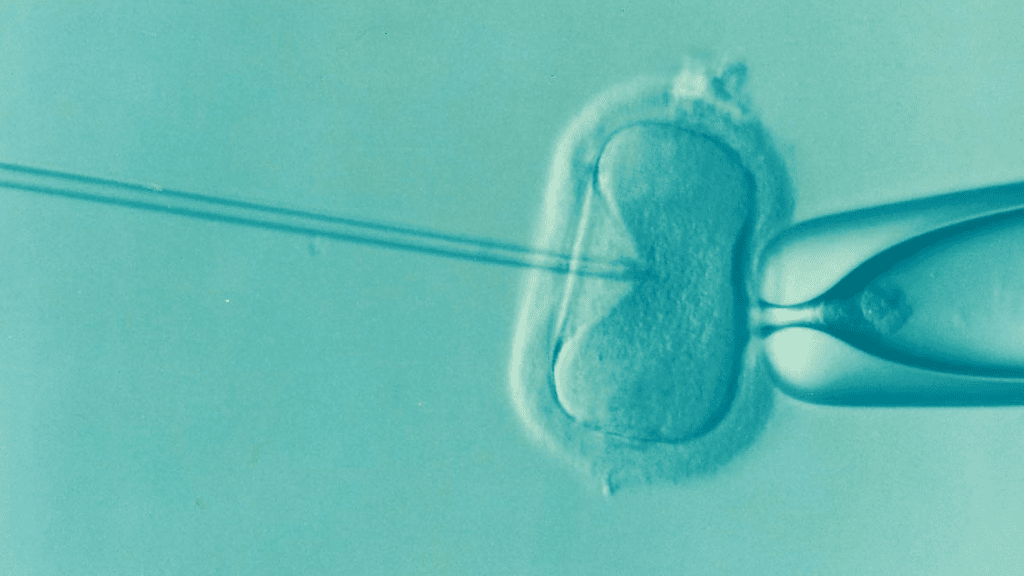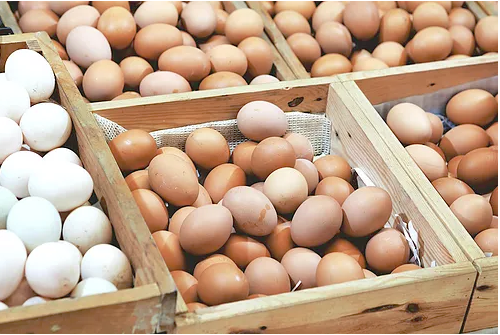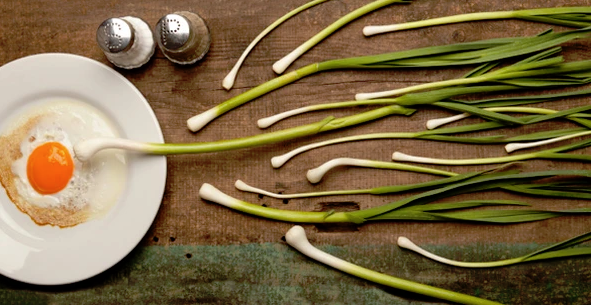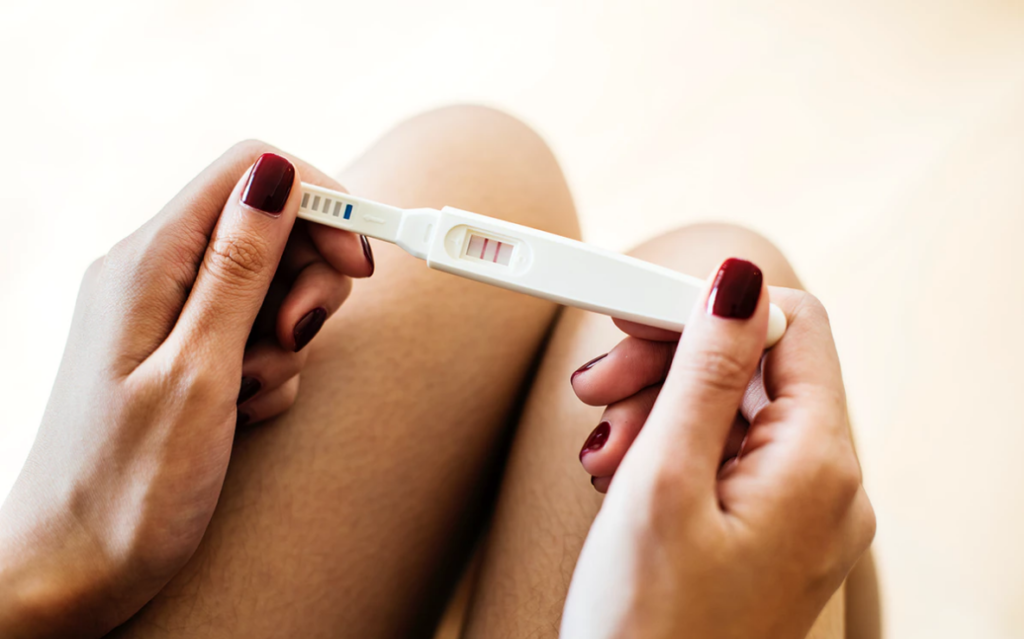What to Eat for IVF

So you’re about to embark on your IVF journey and you may be wondering what is the best diet for IVF success?
Perhaps it’s not your first rodeo, and you’re wanting to know what you can do differently to improve your chances, whether it’s at egg collection, boosting your partner’s sperm health or helping with making that embryo STICK, baby!
Diet and lifestyle can play an important role, and you definitely want to cross all the t’s and dot all the i’s before going ahead with such a financial investment to grow your family!
There a few key areas that nutrition can play a role in when it comes to a successful IVF journey, and you should really get the ball rolling at least 3 months to give your eggs, sperm and cycle the best chance of reflecting any nutritional changes!
(1) Healthy Eggs
The first couple of steps of IVF involve harvesting your eggs, and we want to get the healthiest ones possible to increase your chances of a genetically normal embryo that wants to nestle in and find a home in you!

I have talked in DEPTH about nutrition for healthier eggs in a previous blog post but in summary focus on the following key nutrients in your diet:
- Omega-3 fatty acids – from oily fish like salmon
- Antioxidant-rich diet – eat the rainbow of fruit and veggies every day
- Zinc – protein foods like beef, chicken, fish, seafood, legumes & beans, nuts & seeds
- Co-enzyme Q10 (CoQ10) – as per zinc, in our protein foods
- Vitamin D – from the sun, eggs and salmon have a bit too!
Be sure you allow yourself around 3 months of implementing these dietary changes to ensure you get the results you want on egg retrieval day!
(2) Healthy Sperm
As I always say, it takes two to tango folks and we know lifestyle can play a major role in the health of your guy’s swimmers. So you don’t have to go the pre-IVF dietary changes alone, get your man on board to help support you and contribute towards your healthy embryo!

Sperm makes up 50% of your future babies DNA.
I have spoken about eating for optimal sperm health elsewhere, but here is a quick summary of some key nutrients to think about:
- Zinc – again, think meat, fish & seafood, legumes and beans, nuts & seeds
- CoQ10 – just like the ladies!
- Folate – a critical nutrient for women in the 3 months leading up to conception, a great way to convince your other half to get on board with the 1-2 cups of green leafy veg that you will be chowing down!
- Selenium – a trace mineral found most concentrated in brazil nuts, pop one in a mixed bag of nuts as a nutritious snack, or blend through a smoothie.
- Vitamin E – a fat-soluble vitamin found in quality extra virgin olive oil (EVOO), sesame seeds, sunflower seeds, tahini, broccoli, spinach and peanut butter (more on this nutrient in a moment).
- Vitamin C – getting enough fresh fruit and veggies is the best way to get enough of this nutrient that also functions as an antioxidant in the body.
- Lycopene – a fat-soluble antioxidant found in tomatoes, capsicums, carrots, red cabbage, especially concentrated in cooked tomatoes paired with EVOO!
- L-Carnitine – a two amino acid combination when supplemented can improve sperm motility (movement), morphology (shape) and pregnancy rates (Zhou et al., 2007).
Read more about the details for nutrition for optimising your guy’s sperm health in my blog post.
If you’re using donor sperm, obviously this is out of your hands, so move right along to step 3.
(3) Healthy Cycle
Depending on the level of intervention you are having with fertility treatments and your medical history, your fertility specialist may use medications (either oral or injected) to stimulate ovulation. For others who ovulate normally (i.e. somewhere in the middle of their cycle), they may not require any or as much medication.
Knowing when you ovulate is KEY when it comes to some fertility treatments like Intrauterine Insemination (IUI), but not so much for traditional IVF or Intra-Cytoplasmic Sperm Injection (ICSI) which is most commonly used when there is a male factor component to your infertility story.

Sorting out your cycles is beneficial either which way, if you aren’t having a cycle at all (amenorrhoea), you may not be ovulating at all (anovulatory cycles) or more than once per cycle, or perhaps it is just not when you expect it to be occurring (i.e. not day 14!).
This is all critical information when trying to conceive (#ttc), and for many women losing some weight if they are carrying some extra kilograms or gaining weight if underweight and modifying their activity and diet can be the key to kick-starting your ovulation! In fact, it is more about body fat than it is about scale weight, meaning women that are classified as a “normal weight or BMI” may still benefit from changing their body composition for their fertility!
Speak to your gynaecologist or fertility specialist about your ovulation patterns and whether lifestyle changes may help you, then get a referral to a fertility dietitian for expert advice!
(4) Healthy Implantation
So your healthy egg, meets your healthy sperm and your embryo is looking good overall! Now it is time to transfer your frozen rainbow baby and hope that it sticks and finds a home in your uterus for the next 9 or so months!
But what can you do if your lining isn’t all plump and luscious and ready for implantation? Here are some foods and nutrients to focus on:
- Wholegrains – women who eat more wholegrains had a greater chance of implantation compared to those who don’t, so load up on brown rice, wholegrain pasta, grainy bread, quinoa, wholemeal flour, pearl barley and oats to meet your daily target of 48 g/day (Gaskins et al., 2016).
- Vitamin E – a fat-soluble vitamin, found in extra virgin olive oil (EVOO), peanut butter, sesame seeds, tahini, broccoli, and spinach can also help thicken the endometrium for that embryo-baby to implant by improving thickness and reducing inflammatory markers (Hashemi et al., 2019). This image shows some great sources of vitamin E.
Learn more about the best Diet for IVF on Episode 68 of our podcast Fertility Friendly Food
On your IVF journey and struggling with emotional eating or just eating well in general that helps give your body the best chance of success? Book today for a Fertility Nutrition Intensive to find out how an expert fertility dietitian can help you!